
Water is essential for life. This much we know without a doubt. But, how do you navigate between all the different types of water on the market? There are now so many to choose from. Today, we’re asking is distilled water good for you?
Should you drink sparkling water or still? Water from the faucet or artisan water sold in a glass bottle? Should you install a filter on your tap to purify your water and potentially improve your health in the process? What about alkaline water? Or some of the Smart Water products? Do they help or is that just more hype?
In this post, we’re taking a close look at one of your many options – distilled water.
Distilled water isn’t the most common choice and is used in medical situations and research far more often than for drinking. Still, some people do turn to distilled water as it’s more purified than any other type.
Is this extra purification a good thing and, most importantly, is distilled water good for you?
Is Distilled Water Good For Your Health?
- What Is Distilled Water?
- Benefits Of Distilled Water
- The Problems With Distilled Water
- Can You Make Your Own Distilled Water?
- Will Distilled Water Hydrate You More?
- Distilled Water Can Be Used In Other Ways
- Final Thoughts
What Is Distilled Water?

To talk about distilled water, we need to start with purified water. This is regular water that has been processed or filtered in some way to remove many impurities.
The process is important because even in countries like the United States, public drinking water can retain some impurities, like chemical pollutants. The amount of pollutants is typically low, but can vary notably depending on the water control standards used in your state and the quality of the ground water.
Not surprisingly, some people prefer to take matters into their own hands and either buy filtered water or use a water filtering system at home.
Doing so not only removes contaminants from the water, but also gets rid of the chemical aftertaste and other flavors that result from the treatment of water. You end up with water that tastes cleaner and should be safer.
Distilled water takes things one step further. It’s similar to filtered water, except that ends up being even purer, as creating it involves boiling water and collecting steam. All contaminants get left behind, giving you exceptionally pure water – to the extent that distilled water is often used in labs.
You really can’t get anything purer than distilled water, making it pretty impressive.
Benefits Of Distilled Water

First things first – distilled water is entirely safe to drink and shouldn’t harm you at all. After all, we’re simply talking about pure water. The water is also beneficial in a variety of ways.
It Helps Hydrate You
Hydration is the main reason to drink distilled water. Every part of our body needs water to survive and function well, and water plays countless roles in these processes, like helping with temperature regulation, keeping our joints lubricated, and helping to remove waste.
Plus, not getting enough water leads to all sorts of large and small problems, like constipation, fatigue, dizziness, difficulty focusing, and headaches.
Most of us already know that water is critical, yet despite this, it’s easy to end up mildly dehydrated. This type of dehydration often affects your energy levels and ability to concentrate, but the symptoms are subtle, so they’re easily missed.
Drinking enough water each day is the single best way to combat dehydration and promote optimal function. Distilled water will keep you hydrated just like any other type of water.
Free From Impurities
Safety is another reason for drinking purified or distilled water. The processes to create the water used can dramatically reduce the contaminants in your water, making it much safer to drink. Distilled water is even more powerful at this than filtered water.
In fact, distilled water is the purest water you can drink.
This effect may be particularly important for anyone who is immunocompromised, like people with HIV or who are going through chemotherapy. In those situations, doing all you can to reduce the risk of illness is wise, and distilled water might just help.
Plus, if the tap water in your local area tends to be low quality, using distilled or filtered water could make a huge difference.
The Problems With Distilled Water

While distilled water has its share of appealing features, there are some notable issues as well.
It’s Been Through A Decent Amount Of Processing
While distilled water is incredibly pure, getting to that point takes a lot of processing. This isn’t appealing if you’re looking for a natural product. The extra processing means that distilled water may require more energy to produce than tap water, despite the fact that it isn’t necessarily any better for you.
There’s also the fact that every processing step increases the chance that something will go wrong. And honestly, why take the risk when distilled water isn’t that much better than regular water to begin with?
Removing All Impurities Removes Minerals And Electrolytes Too
Creating incredibly pure water sounds like an exceptional idea. The problem is that not everything you’re removing is unhealthy. Along with the contaminants, you’re also getting rid of a variety of things that actually help you, including electrolytes and minerals that naturally occur in water.
It Doesn’t Taste Great
Because you’re stripping away all the dissolved minerals in your water, you’re also losing much of the familiar flavor. Think water doesn’t have flavor? Try distilled water for yourself and you’ll quickly see the difference.
If you’re drinking distilled water on its own, then this lack of flavor might get old quickly.
I mean, let’s face it. Many of us already struggle to drink plain water. It’s just not that exciting. Drinking water when it’s lost even its subtle flavors is even less appealing.
May Leach Chemicals From The Container
There’s always some concern that foods and drinks leach concerning chemicals from their containers. The issue is most significant with BPA in plastic bottles and cans, but can happen in other situations as well.
Distilled water is a particular problem here, as it has no minerals of its own and is more likely to absorb trace amounts from any container that it’s in. As such, buying distilled water in plastic bottles quickly becomes a problem.
If you do so, it’s best to transfer the water into a glass container as soon as you can. Even then, your water may contain some concerning chemicals and microplastics.
It’s Bad For The Environment
Making distilled water at home is a pain, so most people buy bottled distilled water instead. This is a serious issue, as bottled water is incredibly bad for the environment.
Think about just how many plastic bottles get purchased, used once, then ditched. They’re recyclable, sure, but doing so takes energy and many people just throw the bottles away instead.
You Don’t Need It
In some places, bottled water (including distilled water) is essential because there isn’t enough safe drinking water. This isn’t the case in most parts of the United States. Instead, many of us are drinking bottled water for the convenience and because we’ve been told it’s better for us.
For most people, the slight differences in purity between tap water, filtered water, and distilled water aren’t relevant at all. After all, tap water needs to meet strict quality standards.
If you are in an area where tap water is compromised, then you will need an alternative – but distilled water isn’t the ideal choice. Filtering tap water often works better and helps you avoid buying plastic bottles all the time.
Can You Make Your Own Distilled Water?
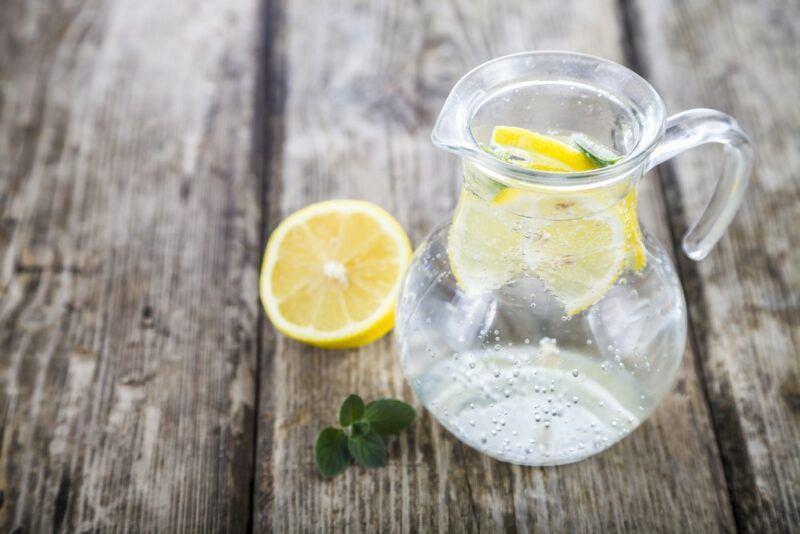
Buying bottles of distilled water from the store gets expensive quickly and is also wasteful. Making your own distilled water is much less expensive. Doing so also makes it easy to avoid plastic bottles, as you can store your water in glass immediately.
Making distilled water isn’t difficult, as you’re essentially just heating water until it turns into vapor, then condensing the vapor back into water. You’ll need some ice as well, to help with the condensation side of the equation (there are some great instructions here).
While making distilled water is easy enough, it’s not a fast process. In the link I mentioned above, the author estimated a time commitment of 13 hours to make a gallon of distilled water. You don’t need to be hands on for those whole 13 hours, of course, but it’s still a lot of time to spend on the process.
Will Distilled Water Hydrate You More?
The main reason to drink water is to hydrate yourself. Distilled water seems like it should be better at this, as you’re getting fewer contaminants and minerals, which means more actual water, right?
In practice though, distilled water might be less effective for hydration because it lacks those important electrolytes. Besides, differences in the effectiveness of hydration don’t have a noticeable impact in most situations.
Distilled Water Can Be Used In Other Ways
While distilled water really isn’t the best choice for drinking, it does have plenty of uses. Think about any situations where purity is a good thing, like when you’re cleaning or water that you’re using in appliances.
In these cases, the purity of distilled water could be an exceptionally good thing. For example, distilled water is less likely to cause scale buildup in kettles and in many other appliances.
Final Thoughts
Distilled water isn’t likely to harm you. It’s lacking in minerals, true, but you get plenty more minerals from your food than from water anyway, so this isn’t a huge deal.
The bigger question is whether distilled water is worth the price and the cost to the environment? Most of the benefits that you see will apply to any type of water, including regular tap water.
Realistically, if you want water that’s pure from contaminants, filtered water is a better choice. If you use a water filter, you can have filtered water on demand at home, which helps you avoid all the issues with plastic bottles. A water filter might be expensive initially, but over time, you save money over buying bottles of distilled water regularly.
Frequently Asked Questions
Is Bottled Water Distilled?
Bottled water tends to be filtered rather than distilled. Filtration still removes all harmful chemicals, but leaves the beneficial minerals that make bottled water taste good.
Does Distilled Water Go Bad?
Distilled water will last pretty much indefinitely if it is stored well. However, there’s still the chance of contamination. Because of this, it’s best to drink unopened store-bought distilled water within 3 to 5 years. Bottles that are opened and stored in the fridge are best consumed within a year.
Does Distilled Water Hydrate You?
Distilled water can hydrate you just like regular water, but you shouldn’t rely on it too regularly. Because the water has been stripped of all essential minerals, including potassium, you could end up lacking in some areas. In fact, drinking distilled water and nothing else could easily put your health at risk.
Is Distilled Water Alkaline?
Distilled water is neutral, with a pH of 7, while alkaline water generally aims for a pH of between 8 and 9 instead.
Does Distilled Water Freeze?
Yes. Not only does distilled water freeze, but it does so at the exact same temperature as regular water – 32°F.

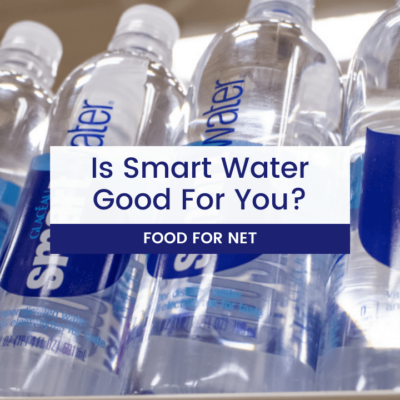
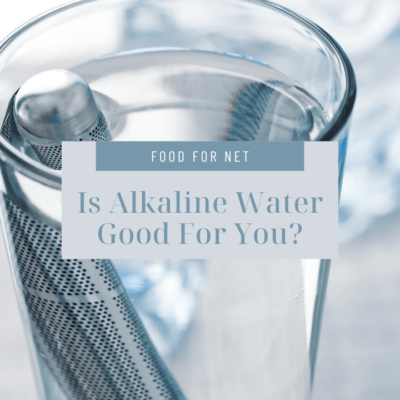
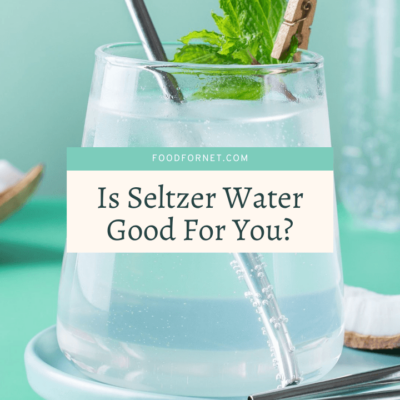
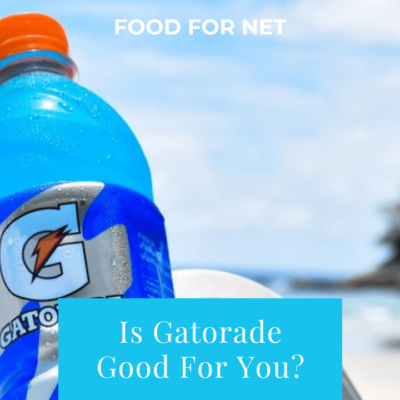
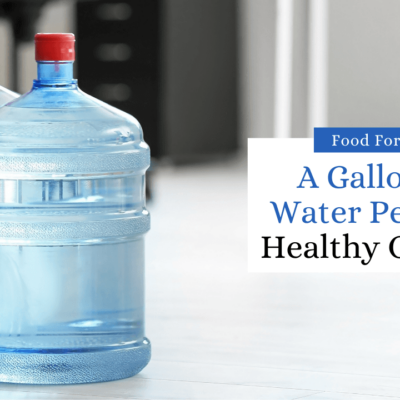
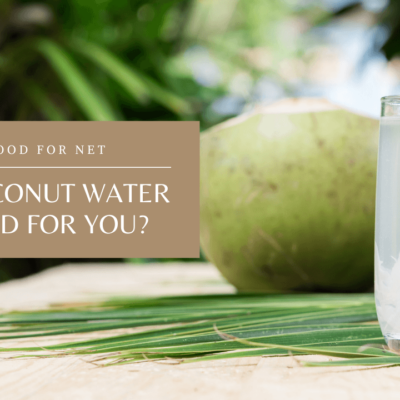

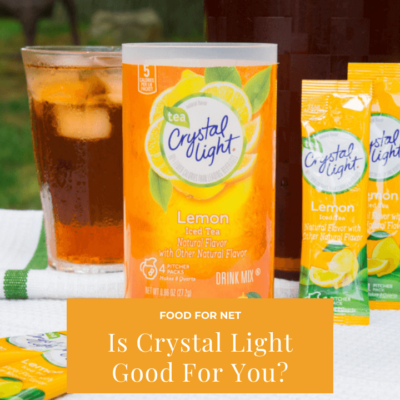
 10 Best Foods To Eat For Fatty Liver Disease, Plus Five Top Herbs For The Liver
10 Best Foods To Eat For Fatty Liver Disease, Plus Five Top Herbs For The Liver
Leave a Reply